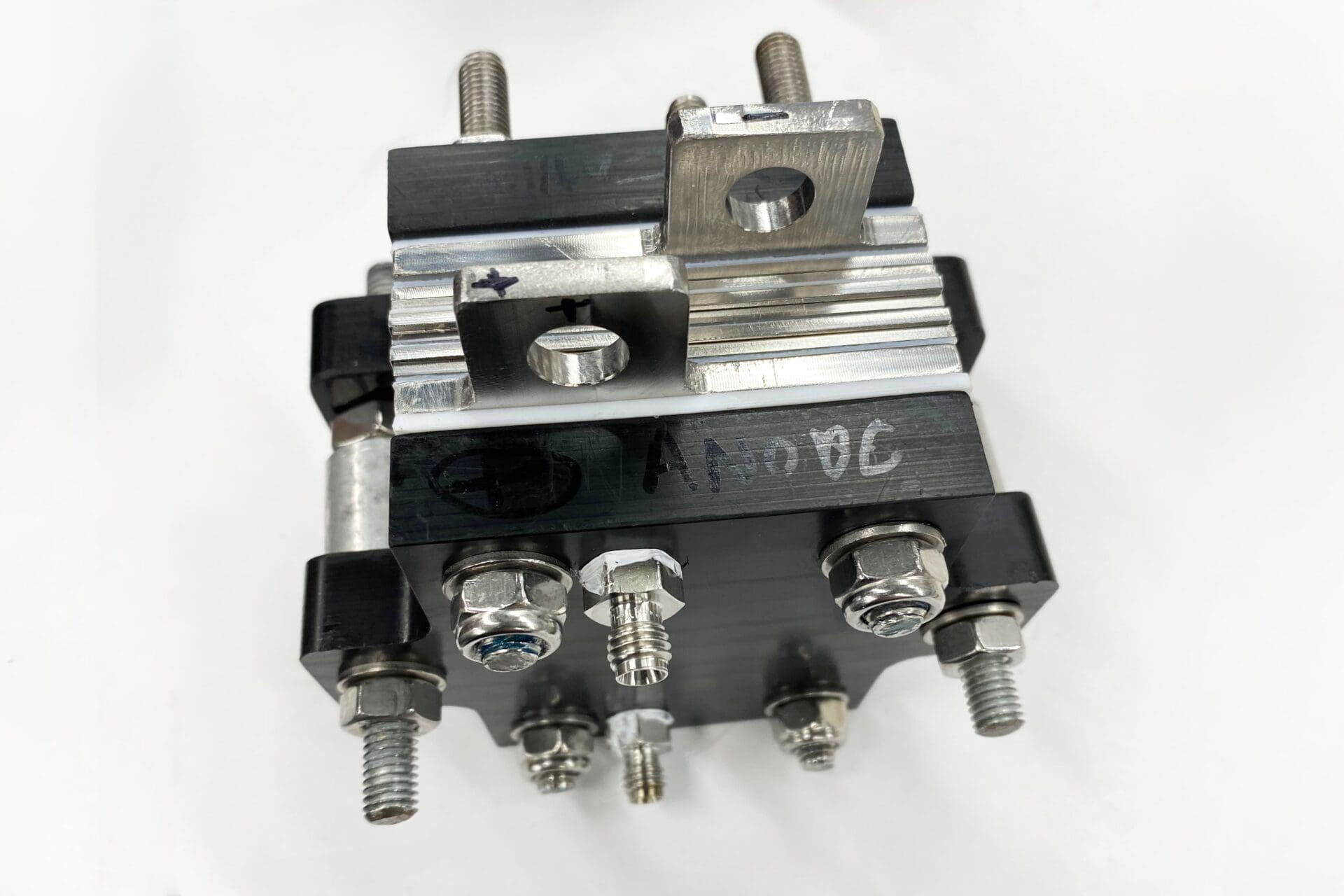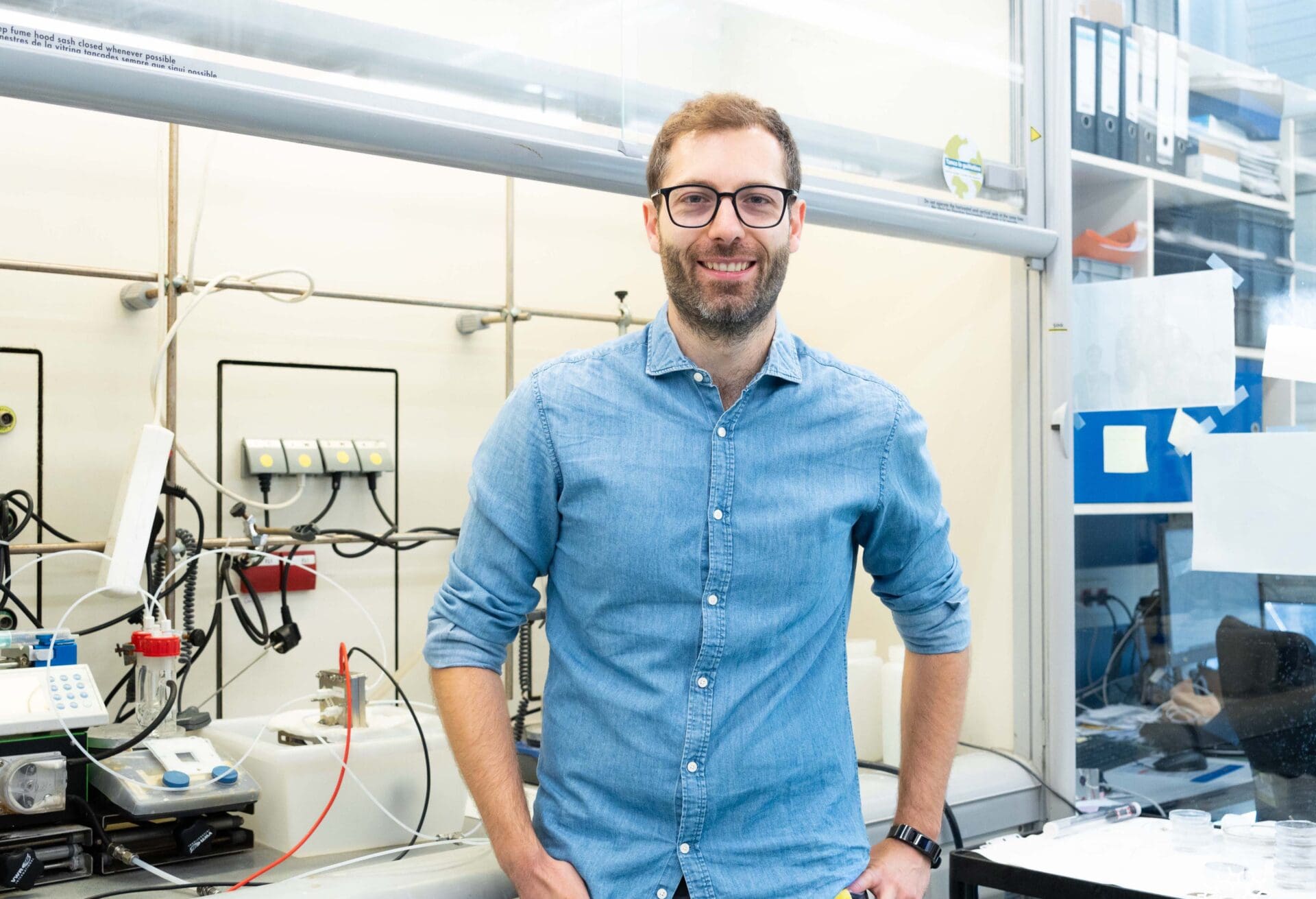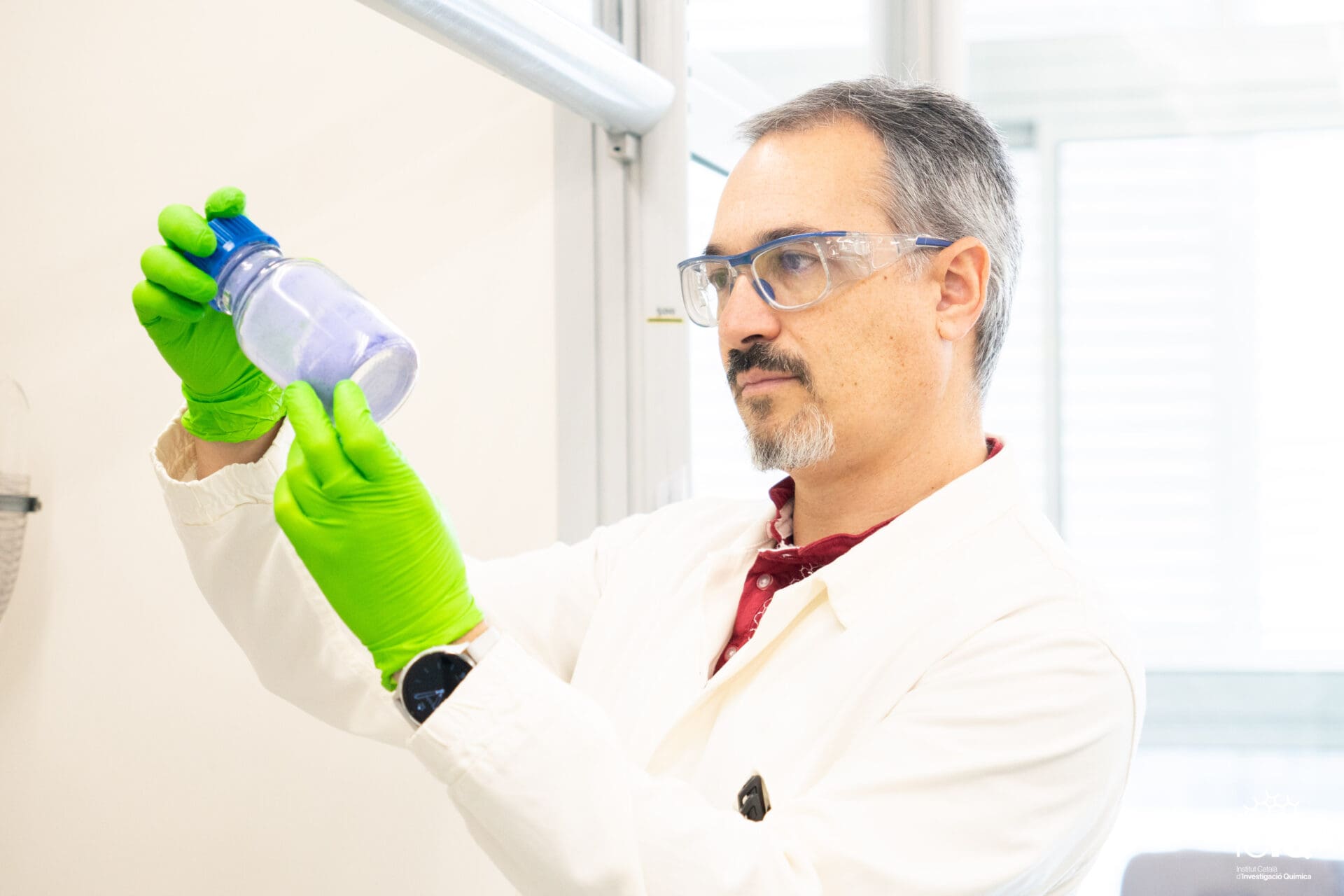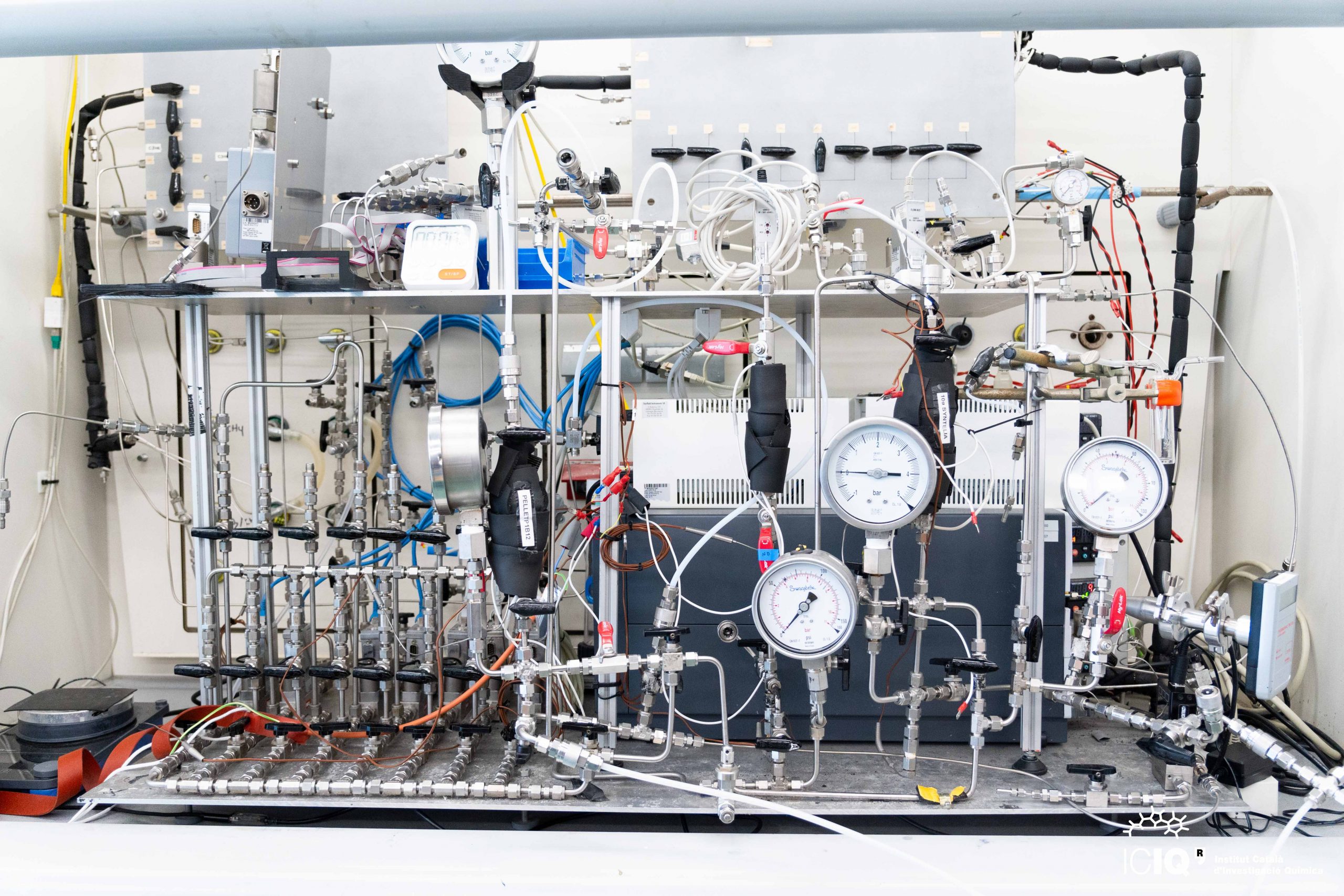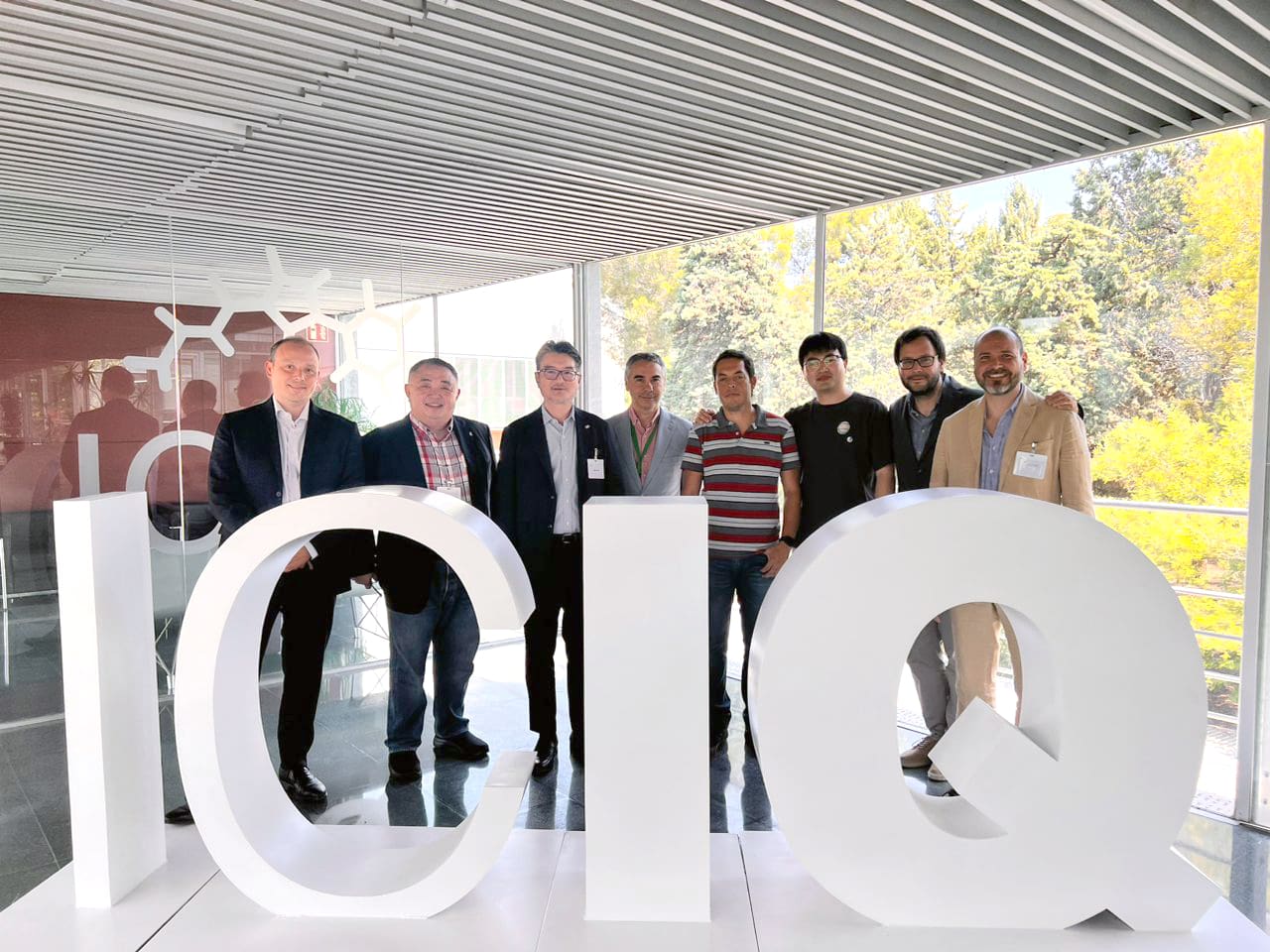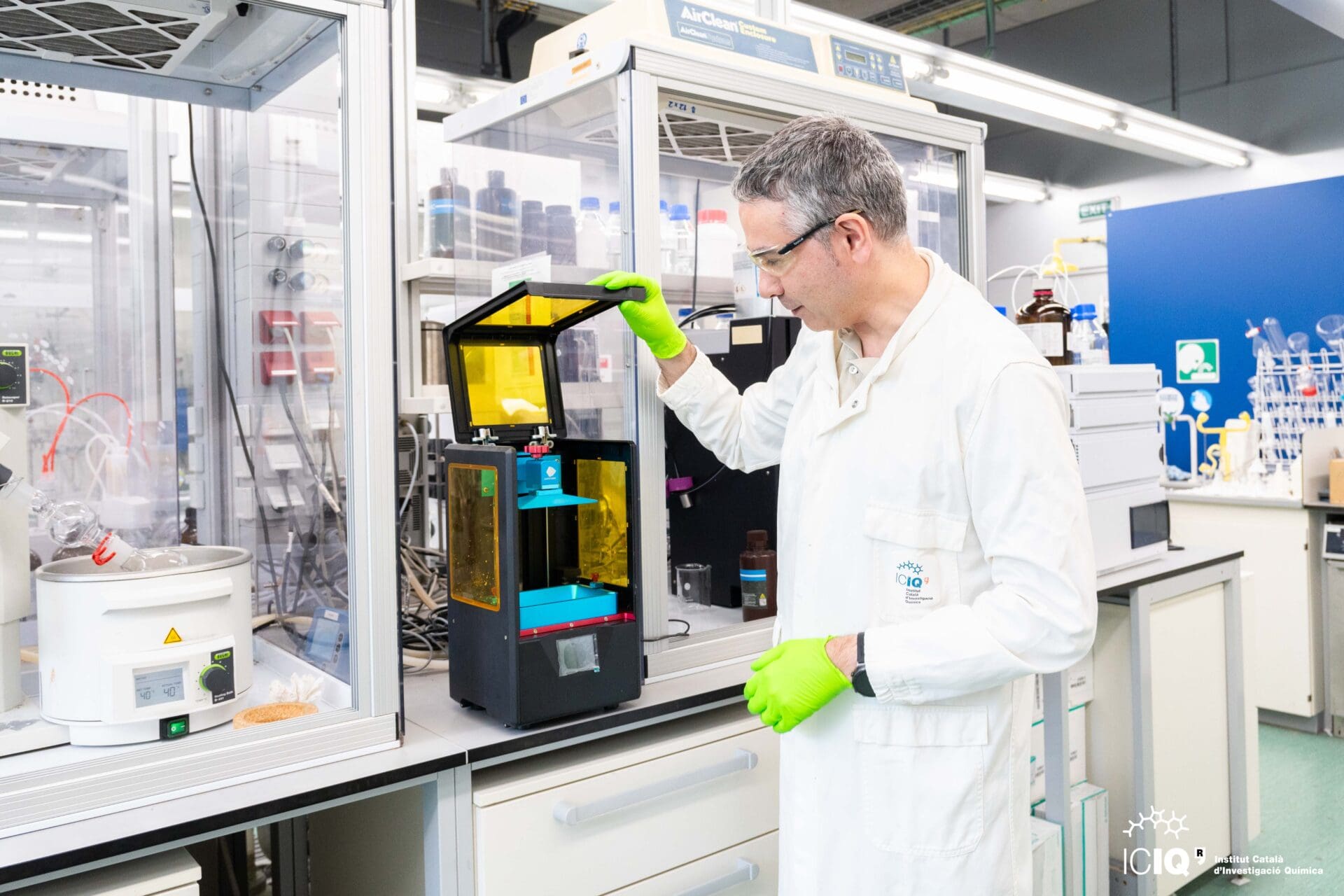ICIQ’s Bio-Based Polymer Platform: creating innovative materials from organic waste and CO2
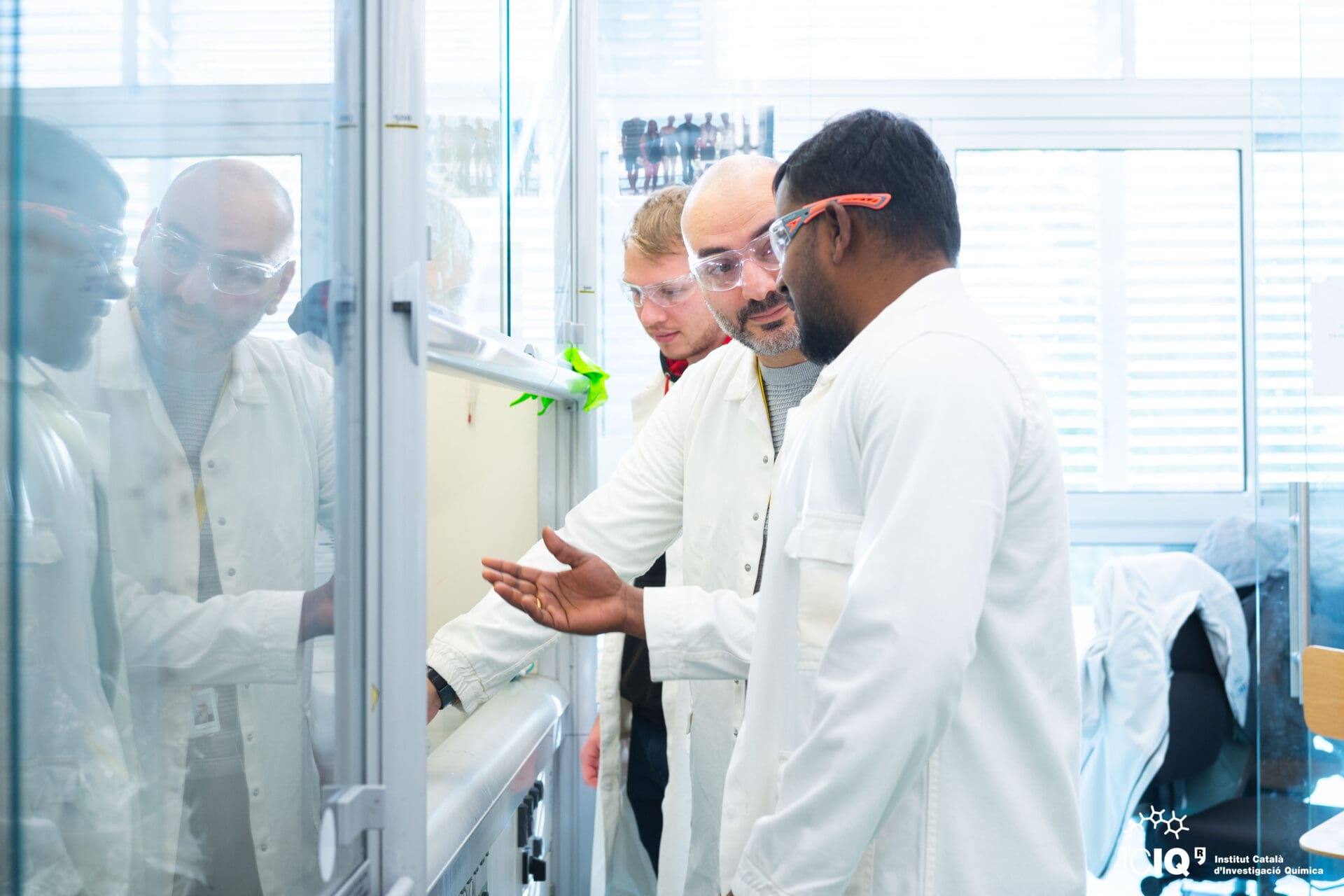
Is your company facing the challenge to implement new sustainable materials in its industrial procedures? Are you committed to Green and Circular Economy and do you want to introduce biopolymers in your processes? Are you conscious about the importance of reducing environmental industrial impact?
Circular Economy and Green Chemistry are two key concepts to overcome the climate change, a global emergency according to the United Nations (UN). The Institute of Chemical Research of Catalonia (ICIQ-CERCA), committed to a sustainable future, is contributing since 2004 to the establishment of a knowledge-based economy and improving quality of life for all, having sustainability in mind for all the research projects.
One of these projects is the Bio-Based Polymer Platform. Its main aim is to replace the fuel fossil polymers with new ones made from renewable compounds originated from natural sources and CO2. This includes starting from monomers obtained from vegetable sources that do not compete with the food chain, such as limonene (extracted from orange and other citrus fruits peels, a waste product from juice production), or oleic acid and other fatty acids (from spent frying oils), and CO2 from many contaminant industrial processes or natural fermentation. These components are transformed into high-added value bio-based polymers with different applications.
These polymers can be functionalized or incorporate other monomers to fine-tune their properties for a wide range of applications such as paints, functional coatings, adhesives and lightweight composites for construction or automotive applications. In order to address the potential applications, ICIQ can characterize the polymers with different techniques: molecular weight determination (GPC, MALDI), NMR, thermomechanical properties, microscopy, PXRD, rheology, IR, and many others.
This technology was born thanks to the group of Prof. Arjan Kleij, together with ICIQ’s innovation laboratory CSOL led by Dr. Fernando Bravo, and several collaborators including universities, technology centers and industrial companies across the world.
Partners and industrial collaborations
ICIQ is actively seeking for new industrial partners interested in developing new bio-based polymers and materials. Furthermore, ICIQ also establishes partnerships with companies generating bio-based feedstock that could be used as monomers, and generally interacts with different stakeholders from the entire value chain, ranging from bio-based feedstock suppliers to consumer product developers and brand owners interested in developing high-performance, circular products.
_____
The COMBILOOP project has received funding from the European Union’s Horizon 2020 research and innovation programme under Marie Skłodowska-Curie grant agreement No. 801342 (Tecniospring INDUSTRY) and the Government of Catalonia’s Agency for Business Competitiveness (ACCIÓ).


![]()
The MACROLEMON project, PDC2021-120952-I00, has been funded by MCIN/AEI/10.13039/501100011033 and by the European Union “NextGenerationEU”/PRTR.

The TRIPyr project is co-financed by the European Regional Development Fund (ERDF) through INTERREG-POCTEFA Spain-France-Andorra program. POCTEFA participates in the development of cross-border economic, social and environmental activities through common strategies in favour of sustainable territorial development.

Related news

Let's create a brighter future
Join our team to work with renowned researchers, tackle groundbreaking
projects and contribute to meaningful scientific advancements






 17-12-2024
17-12-2024 